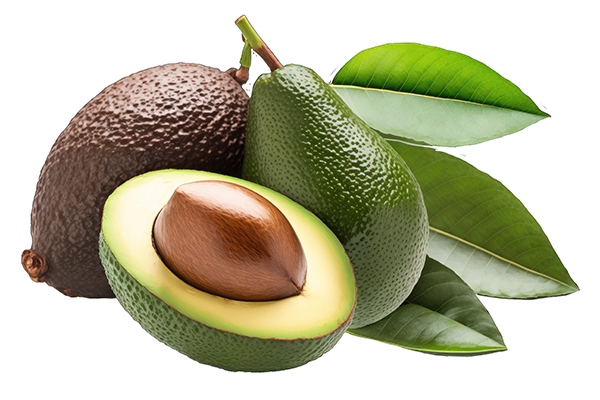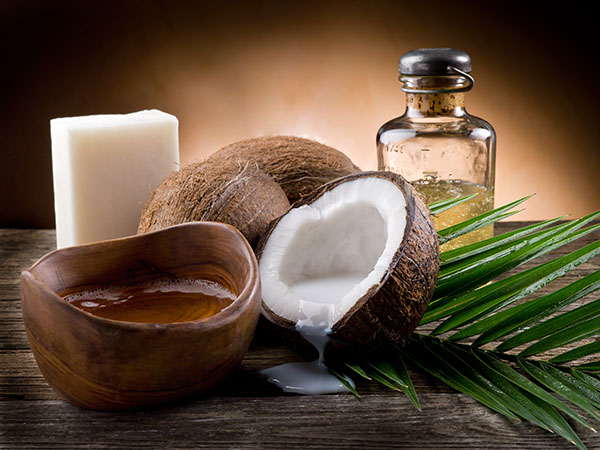 Parler
Parler Gab
Gab
"Fluoride (F) is probably the first inorganic ion which drew attention of the scientific world for its toxic effects and now the F toxicity through drinking water is well-recognized as a global problem. Health effect reports on F exposure also include various cancers, adverse reproductive activities, cardiovascular, and neurological diseases.[1,2]"The study focused on fluoride induced neurotoxicity, identifying excitoxicity (stimulation of the neuron to the point of death) and oxidative stress as the two main drivers of neurodegeneration. It has been observed that subjects with the condition known as fluorosis, a mottling of tooth enamel caused by excessive exposure to fluoride during tooth development, also have neurodegenerative changes associated with a form of oxidative stress known as lipid peroxidation (rancidity). Excess lipid peroxidation in the brain can lead to a decrease in total brain phospholipid content. Owing to these well-known mechanisms of fluoride associated neurotoxicity and neurodegeneration, the researchers identified the primary polyphenol in the spice turmeric -- known as curcumin -- as an ideal agent worth testing as a neuroprotective substance. Previous research on curcumin indicates that it is capable of activing as an antioxidant in 3 distinct ways by protecting against: 1) singlet oxygen 2) hyrodxyl radicals and 3) superoxide radical damage. Also, curcumin appears to raise endogenous glutathione production in the brain, a major antioxidant defense system. In order to assess the neurotoxic effects of fluoride and prove curcumin's protective role against it, researchers randomly divided up mice into four groups, for 30 days:
- Control (no fluoride)
- Fluoride (120 ppm): fluoride was given in distilled water drinking water without restriction.
- Fluoride (120 ppm/30 mg/kg body weight) + Curcumin: Oral dose of curcumin dissolved in olive oil along with fluoride in drinking water
- Curcumin: (30 mg/kg body weight)
"Our study thus demonstrate that daily single dose of 120 ppm F result in highly significant increases in the LPO [lipid peroxidation, i.e. brain rancidity] as well as neurodegenerative changes in neuron cell bodies of selected hippocampal regions. Supplementation with curcumin significantly reduce the toxic effect of F to near normal level by augmenting the antioxidant defense through its scavenging property and provide an evidence of having therapeutic role against oxidative stress mediated neurodegeneration."Discussion This is far from the first study to demonstrate curcumin's remarkable brain-saving properties. From the perspective of the primary research alone, there are over two hundred peer-reviewed published studies indicating that curcumin is a neuroprotective agent. On our own turmeric database we have 115 articles proving this statement: Turmeric Protects The Brain. We have also featured studies on turmeric's ability to protect and restore the brain:
- How Turmeric Can Save the Aging Brain From Dementia and Premature Death
- Turmeric Produces 'Remarkable' Recovery in Alzheimer's Patients
11 Amazing health benefits of avocado leaves
By Evangelyn Rodriguez // Share
MCT fats found in coconut oil boost brain function in only one dose
By News Editors // Share
10 Small changes that can help you deal with burnout
By Zoey Sky // Share
Solar researcher warns of solar activity decrease, imminent MINI ICE AGE and GLOBAL FAMINE by 2030
By Belle Carter // Share
mRNA vaccines linked to vaginal bleeding in non-menstruating women: STUDY
By Ethan Huff // Share
Governments continue to obscure COVID-19 vaccine data amid rising concerns over excess deaths
By patricklewis // Share
Tech giant Microsoft backs EXTINCTION with its support of carbon capture programs
By ramontomeydw // Share
Germany to resume arms exports to Israel despite repeated ceasefire violations
By isabelle // Share










